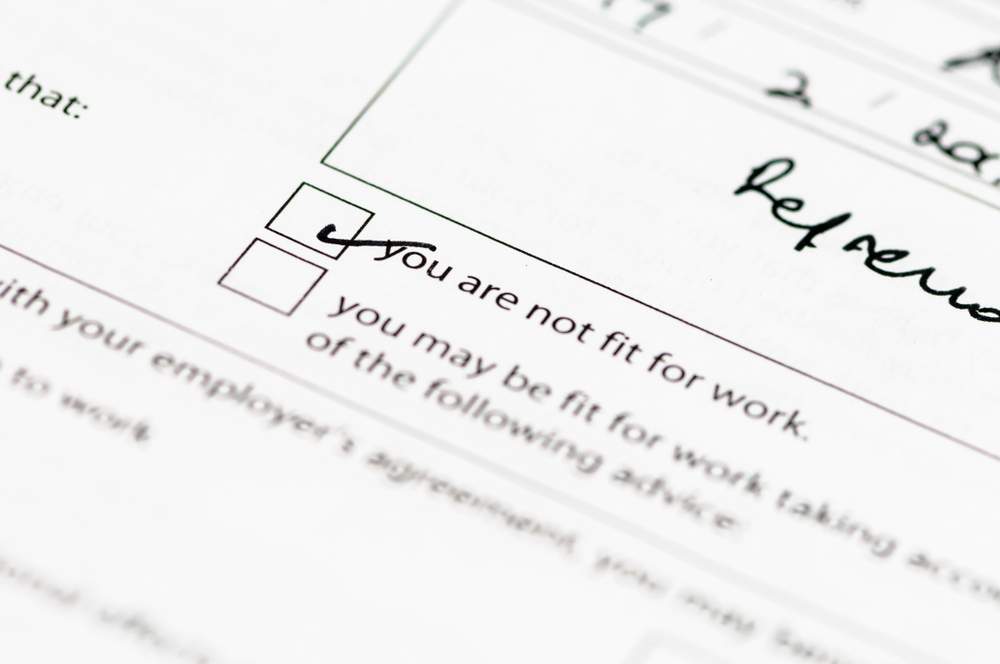
New Temporary Rules on Fit Notes and Proof of Illness
From 17 December 2021, employees will not be required to provide their employer with medical evidence of sickness absence (a Fit Note) for the first 28 days of absence.

When can an employer require evidence of sickness for SSP purposes?
For the purposes of administering SSP, employers are not allowed to insist on a doctor’s certificate for at least the 28 days of an employee’s sickness absence. After that time, they may insist on a statutory fit note or other reasonable evidence. The Statutory Sick Pay (Medical Evidence) Regulations 2021 (SI 2021/1453) (Medical Evidence Regulations 2021), which came into force on 17 December 2021 and modified the Medical Evidence Regulations 1985, is intended to increase GP capacity to support the COVID-19 booster programme.
Employees shall not be required to provide medical information in respect of the first 28 days of any spell of incapacity for work which either started during the period 17 December 2021 to 26 January 2022 or which commenced prior to 17 December 2021 but which had not lasted more than seven days on that date (so that the requirement to provide medical evidence had not yet arisen). In practice this means that employees can self-certify for absences of up to 28 days during the period that the modification introduced by the Medical Evidence Regulations 2021 applies.
The HMRC guidance, Statutory Sick Pay: employee fitness to work, has been updated to reflect this change. The same amendment was made in Northern Ireland by the Statutory Sick Pay (Medical Evidence) (Modification) Regulations (Northern Ireland) 2021, which also came into force on 17 December 2021.
What evidence can an employer require in relation to COVID-19-related absences?
Reasonable evidence is normally a fit note from the employee’s doctor, but it can take other forms if reasonable in the circumstances.
The government confirmed that the following will amount to evidence of sickness for SSP purposes where the absence relates to COVID-19 (including where the employee is self-isolating in circumstances where SSP entitlement is triggered:
- An isolation note from NHS 111 if they are self-isolating and cannot work because of COVID-19.
- The notification from the NHS or public health authorities if they are self-isolating because they have come into contact with someone with COVID-19.
- A fit note as normal.
- The NHS or GP letter telling them to stay at home (shield) for at least 12 weeks because they are at high risk of severe illness from COVID-19.
 Advice on Settlement Agreements Employees
Advice on Settlement Agreements Employees Advice on Settlement Agreements Employers
Advice on Settlement Agreements Employers